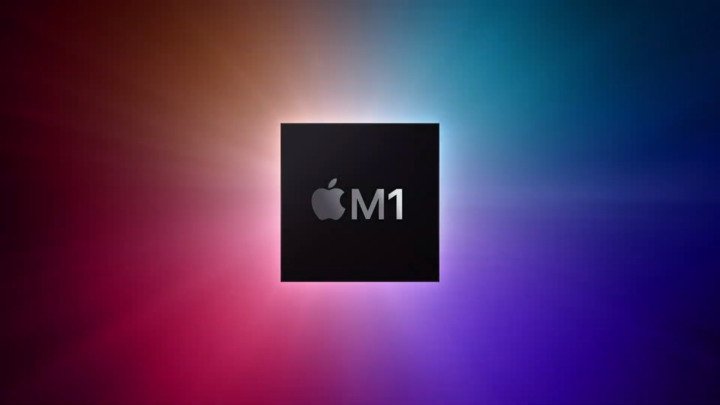Apple CEO Tim Cook says the company decides to design its own components, rather than sourcing third-party parts, if it concludes that it can "do something better."
The Apple chief executive was asked how the company determines when it is strategically feasible to manufacture its own parts, a question that also alluded to acquisitions the like Nvidia's recent purchase of Arm.
In response, Cook said that Apple asks "ourselves if we can do something better."
"If we can deliver a better product. If we can buy something in the market and it's great and it's as good as what we can do, we're going to buy it. We'll only enter where we have an ability to do something better and therefore make a better product for the user," Cook said.
The Apple CEO used the M1 chip as an example, stating that Apple's silicon team had the ability to "make a product that's appreciably better than what we could buy."
Cook added that the response to the M1 chip has been "unbelievable." He said it's powering Mac and iPad sales that are constrained.
Whether or not Apple is able to achieve that level of success with a first-party component is how it decides to enter a market, Cook said.
On the Arm acquisition, Cook declined to comment beyond stating that there are major questions about the deal, discussion of which he would leave to "everyone else."
 Mike Peterson
Mike Peterson








 Marko Zivkovic
Marko Zivkovic
 Mike Wuerthele
Mike Wuerthele
 Christine McKee
Christine McKee
 Amber Neely
Amber Neely
 Sponsored Content
Sponsored Content
 Wesley Hilliard
Wesley Hilliard

 William Gallagher
William Gallagher









6 Comments
That reminds of when Jobs said that Apple's goal was to be best, not to be different (for its own sake), and then went on to explain why it was important for Apple eschew AppleTalk in favor of a better standard it didn't own.
This explains a bunch of exits by Apple: Xserve, consumer monitors, wifi routers are a few notable product categories. There are individual products like the original full-sized HomePod that are also examples of this.
When Apple can no longer differentiate, it's their time to say adios.
The current hardware product that is in the most in jeopardy is the Apple TV set top box especially when more smart TVs can install an Apple TV app.
Is this article from 1984? Old news.
People say AirPort was the best router on the market and still competes today. HomePod is still the best. A new one is due.
He is stating the obvious here but there are other factors involved.
Design vs manufacture. Of course, Apple does not manufacture much of its products. Then there is the cost factor. Possible patent issues. Now, geopolitics are playing a bigger role in manufacturing decisions for many companies.
And even if it 'concludes' it can do something better the result might not actually be better.
But as I said, stating the obvious. I think that's a logical reply in this case even if it's just pulled from a pool of stock answers.
It will be very interesting to see how this plays out for the Mac Pro.
Next year, AMD is expected to have a 96-core processor with 12 channels of DDR5 memory (https://wccftech.com/amd-epyc-genoa-cpu-platform-detailed-up-to-96-zen-4-cores-12-channel-ddr5-5200-sp5-lga-6096-socket/). That thing will be a beast.
I suspect Apple will still have the better core design and the better performance/watt. So Apple could compete with that thing. But will they choose to do so? I'm confident that some Mac Pro users would appreciate a mega-beast like that.
So, Apple will have to make a choice between:
1. design an ASi SOC competitive that really does target that market
2. lose the small number of (vocal and big spending) customers who want that super high end Mac Pro
3. stick with x86 in that super high end Mac Pro
I would love Apple to choose option #1. I don't think it would be entirely nuts to do it. There is such a thing as a 'halo' product. Those are worth doing sometimes. Also, if Apple were to replace x86 in their own servers/Cloud, then the 'market' for this super high end SOC might be bigger than just Mac Pro buyers.
But the other two options are very realistic, too. I could really see it going any of these three ways.